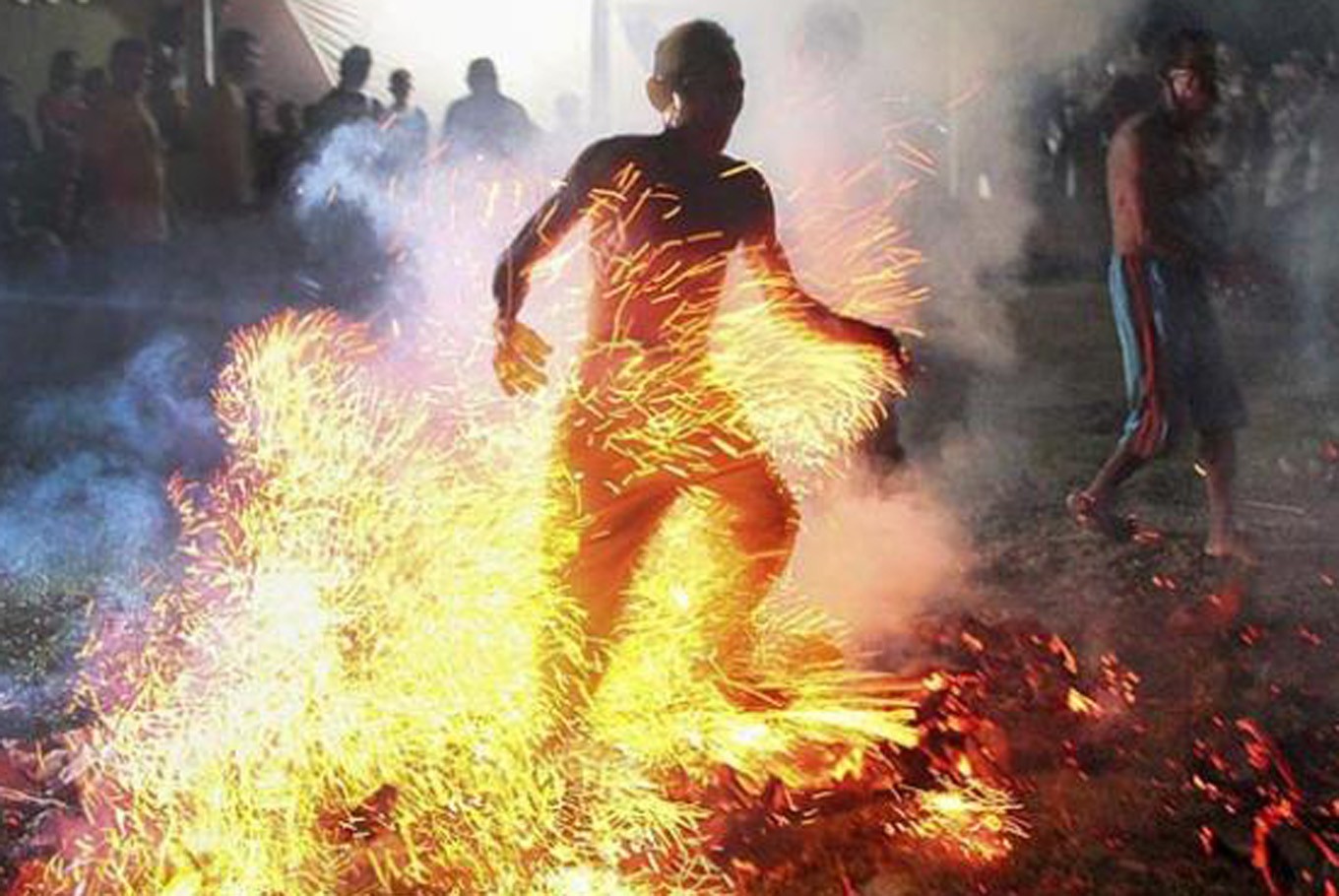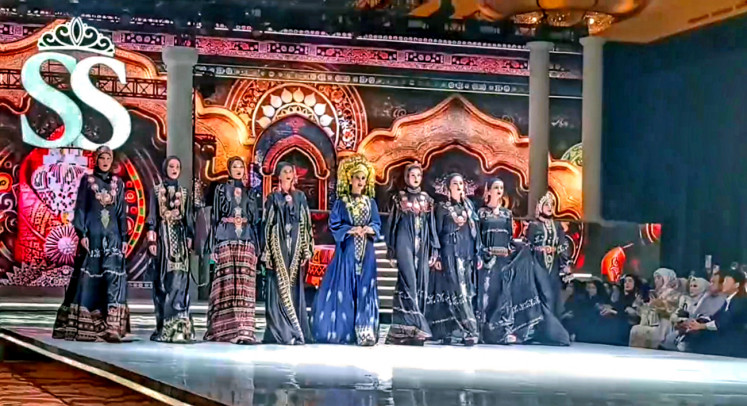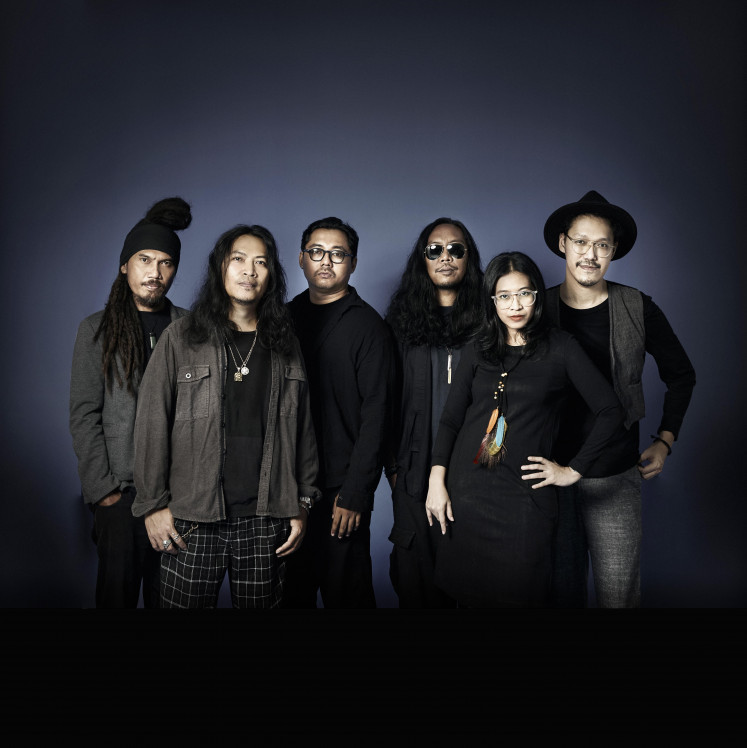Riau cultural works recognized as part of Indonesia's intangible cultural heritage
Change Size
 An aerial shot of Riau Islands. Ten of Riau’s cultural works have been recognized as part of the country’s intangible cultural heritage. (Shutterstock/File)
An aerial shot of Riau Islands. Ten of Riau’s cultural works have been recognized as part of the country’s intangible cultural heritage. (Shutterstock/File)
E
ight cultural works from Riau province have been recognized as part of Indonesia's “intangible cultural heritage.”
Among the works are Tunjuk Ajar Melayu (pieces of advice), Sijobang "Buwong Gasiong" (folktales), Silat Perisai (traditional martial arts), Manongkah (shell harvesting tradition), Perahu Baganduang (boat parade), Batobo (a tradition of collective works in paddy fields) and two traditional dances, Zapin Api and Zapin Meskom,
Prior to this, ten of Riau’s cultural works had already been recognized as part of the country’s intangible cultural heritage.
The province’s cultural department head Yoserizal Zein told kompas.com on Monday that the certification would protect the cultural works from being claimed by other countries.

Read also: Gado-gado, soto Betawi recognized as 'intangible cultural heritage'
Yoserizal added that the WBTB certification was a prerequisite for the cultural works to be included on UNESCO's Intangible Cultural Heritage list.
In addition to the eight cultural works, the cultural department also submitted several of Riau’s delicacies for the certification. However, they have yet to obtain certification due to a lack of relevant academic studies.
Yoserizal said the province had at least a thousand cultural practices that qualified for the intangible cultural heritage list but the lack of academic studies on them had become a barrier to achieving certification.
The cultural agency is currently working on further relevant academic studies with the hope that they will later be recognized by the Education Ministry. (jes/kes)









